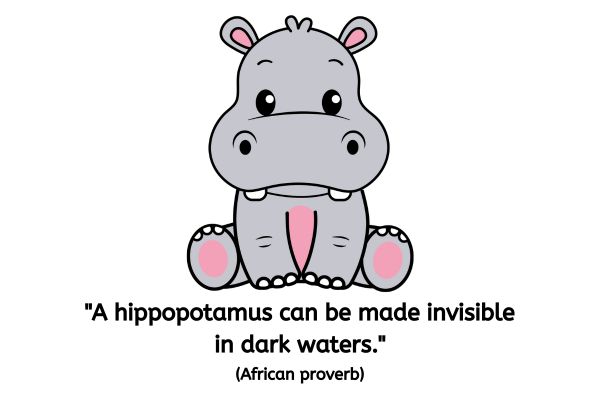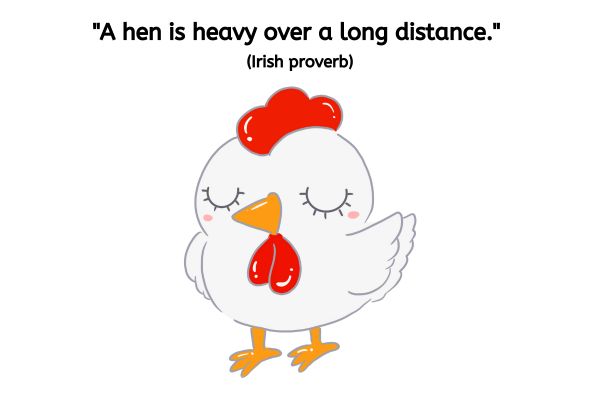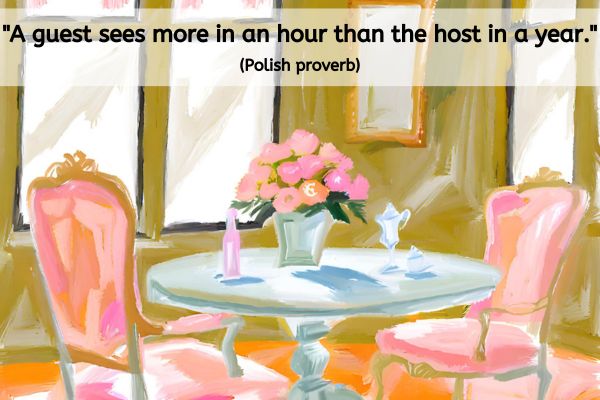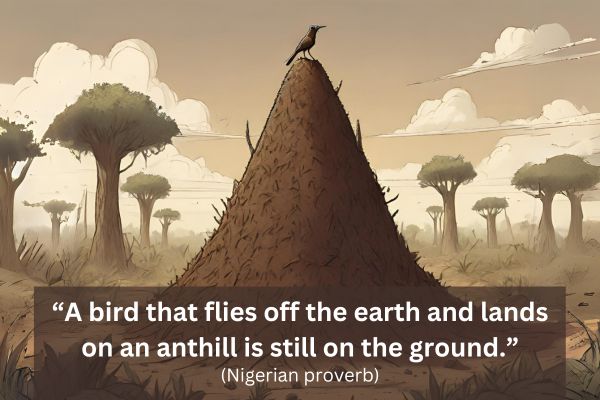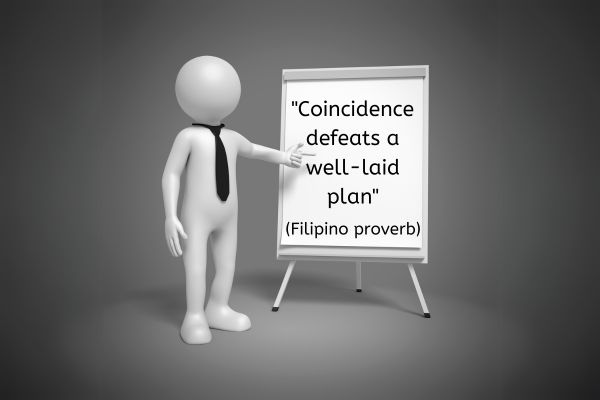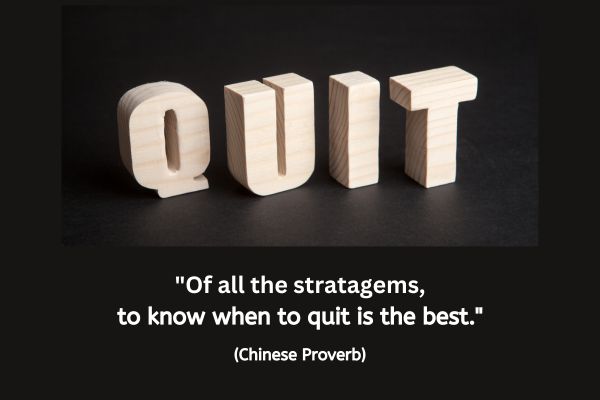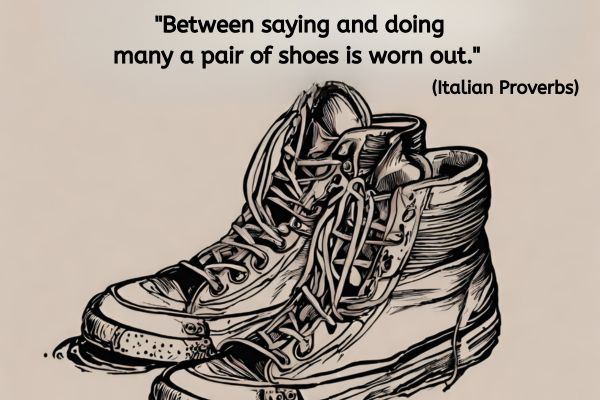Focus: Presence in Coaching
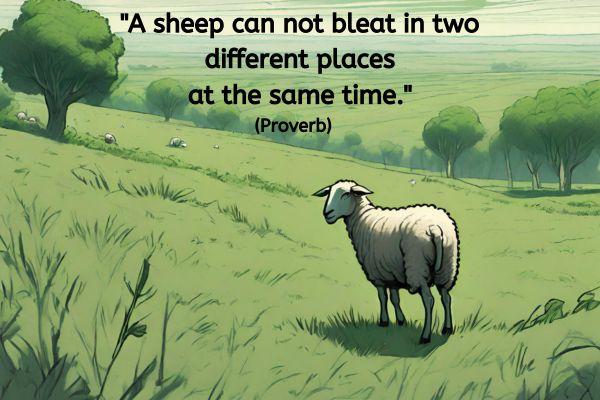
Today’s quote is:
“A sheep can not bleat in two different places at the same time.” (proverb)
It’s often said that in today’s modern world, finding focus amidst the cacophony of demands and distractions can feel like an elusive goal. This proverb speaks directly to the challenge of maintaining singular focus—a challenge that many coaches and their clients can grapple with on a daily basis.
If our thoughts and perceptions shape our reality, influencing how we perceive and respond to the world around us, how does that relate to this proverb? When we find ourselves overwhelmed by distractions or pulled in multiple directions, it may seem natural to attribute it to external factors. However, could it be a sign that our thinking has become fragmented, leading to a loss of focus and effectiveness?
Many of us have experienced moments of intense focus, where our attention is wholly absorbed in a single task. You’ve probably can think of an example when you were really focused upon a task at hand and oblivious to what else was going on around you. Maybe you got engrossed in a film or TV show, got lost in the story of a good book, or were just concentrating so hard on a project that time seem to fly by?
If you haven’t already seen the video below used in Daniel Simons and Christopher Chabris 1999 research into selective attention – you’re welcome to watch and follow the instructions on the screen.
The metaphor of the sheep unable to bleat in two different places simultaneously serves as a powerful reminder of the importance of single-pointed focus. Just as a sheep cannot divide its attention between multiple locations, neither can we divide our focus and energy without sacrificing clarity and effectiveness. By understanding the role of thought in shaping our experience, coaches can learn to cultivate a sense of presence and concentration that allows them to show up fully for their clients.
In coaching, maintaining focus is not just about managing external distractions—it’s also about cultivating a deep sense of presence and connection with our clients. When we show up fully for our clients, listening deeply and responding with empathy and understanding, we create a space for transformation and growth to occur.
One of the things that I have found with a greater understanding that our experience is created through the power of thought, is that I no longer spend anywhere near as much time feeling a need to wrestle with my thoughts or try to control them. Instead, I can simply observe my thoughts as they arise, recognising them far quicker for what they are—transient mental events that do not define who we are. Does it mean I never get caught up in a compelling thought (or whole chunks of thinking as a compelling story)? No, it’s just I tend to not take much of the thinking I used to far less seriously than before.
As coaches, we can help our clients recognise the impact of their own thinking on their experience of life. By guiding them to explore the nature of thought and its role in shaping their reality, we empower them to find greater clarity, resilience, and focus in their lives.
So what do you do as a coach if you feel before that your focus is split? I remember when I first started out in coaching, I used to think that there would be a set answer to this question – and this and variations of this question I considered a lot! Many years later, I’m going to start this by saying what I have principle learned from my own experience and talking to other coaches is that it will depend. There is no right or wrong answers here – just ones that will make an impact for you in that moment!
Perhaps there are things that you know that when you do them you seem to have a better day – perhaps it’s a morning cup of coffee or taking the dog for a walk. Maybe it’s allowing yourself time to take a moment just to focus on your breath, or you have a particular book you flick through and whatever page you land on seems to have a significant message for you. Sometimes you may just remember to ask yourself a question such as what would let you become even more focused right now? or to just do whatever occurs to you to quieten and drop your thinking.
In conclusion, the proverb “A sheep cannot bleat in two different places at the same time” underscores the importance of single-pointed focus and presence in coaching. By creating a space for deep listening, understanding, and transformation to occur, our clients can benefit from our full presence. Let us, as coaches, embody the power of presence, knowing that it is through our focused attention that true connection and growth can unfold in our coaching relationships
About Jen Waller

Jen Waller is on a mission to support, nurture and encourage coaching skills and talents from non-coach to coach and beyond.
As an experienced coach and trainer, Jen is happy to utilise all skills at her disposal to assist clients from getting out of their own way and making a difference in the world with their coaching. Find out more about the support Jen offers here.
